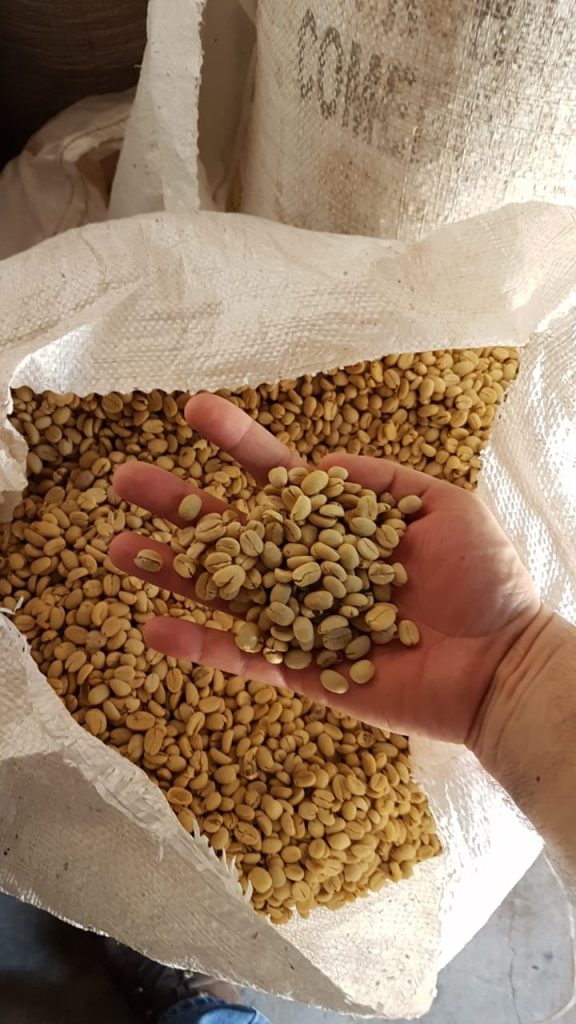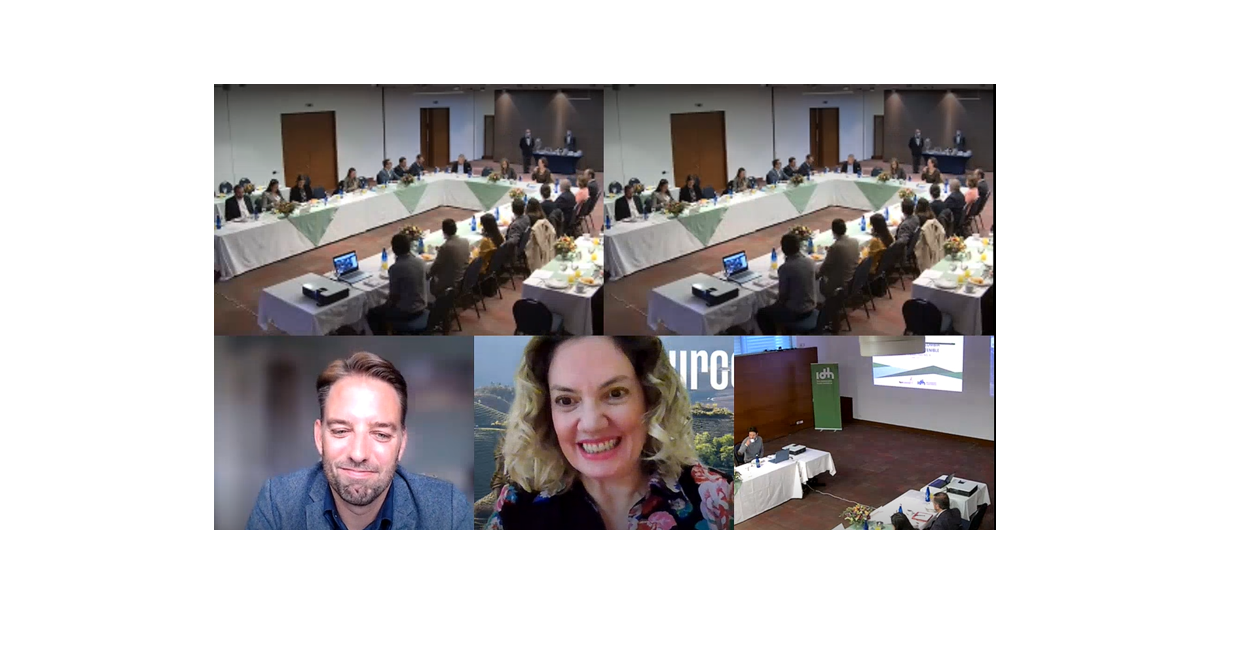This impact story was originally posted by IDH here.
The Steering Committee of the Productive and Sustainable AgroColombia Initiative held its 6th meeting in Bogotá, in May. They presented the strategy of the Colombian Ministry of Agriculture and Rural Development and how it represents opportunities for the PPI Compacts; the results achieved and next steps for IDH, as well as details about the projects implemented by the private sector.
“There is enough room to coordinate all the actions the Colombian government wants to implement, for instance, continuing the sustainable livestock farming program, strengthening the project with FAO before the green climate fund to protect the tropical dry forest,” said Ángelo Quintero Palacio, from the Ministry of Agriculture.
The recognition of the efforts and commitment of the various partners that made the PPI Compacts possible in the states of Magdalena, Cesar and Huila was praised by the participants. The work is now geared towards the creation of the governance structure, the monitoring and evaluation system and the establishment of funding mechanisms to meet the agreed goals.
The director of the IDH’s Landscapes Program in Latin America, Daniela Mariuzzo, observed that this is a process that takes time to be consolidated and to present results, and that it is fundamental to have a financial analysis to define the necessary investments and the available resources. “Through a pipeline of investments, we seek the available resources among the options in the market, to leverage large and high-impact projects, in longer timeframes,” informed Mariuzzo.
Global director agriculture commodities at IDH, Jordy van Honk, said that a new strategy on living income and minimum income issues had been initiated globally. He added that the proposal goes beyond increasing productivity to include social impact issues that must be addressed. “We hope to be able to do this in Colombia in collaboration with all the organizations and companies that form the Productive and Sustainable AgroColombia Initiative,” he said.
In this regard, Tessa Meulensteen, Senior Program Manager Coffee at IDH, presented the project carried out in partnership with SKN Caribecafé and Nespresso, and which aims to implement solutions for the living income agenda within the framework of the Huila Compact with a program totaling 5 million Euros, in conjunction with SECO.

The representative of the Embassy of the Netherlands, Leontine Crisson, referred to Colombia as an important food producing country and reinforced the commitment for collaborative action. “I can see here a group that knows how to work together to achieve more results.”
The potential for businesses to accelerate impacts was addressed by Luker Chocolate director Camilo Romero. “Efecto Cacao has been a successful project whereby international cooperation, business, government, universities, and other actors are connected. This is a good example of how not to create individual projects but to try to add them all together,” he stressed.
The meeting was held in a hybrid manner and was attended by around 30 public and private stakeholders, from Colombia, the Netherlands and Switzerland, also including representatives from: Alqueria, Bayer, Corpohass, Creer Foundation, Fedepalma, GIZ, Nestlé, Procolombia, SECO, SKN, TNC, WEF and YARA, all of which attended the event on site.
